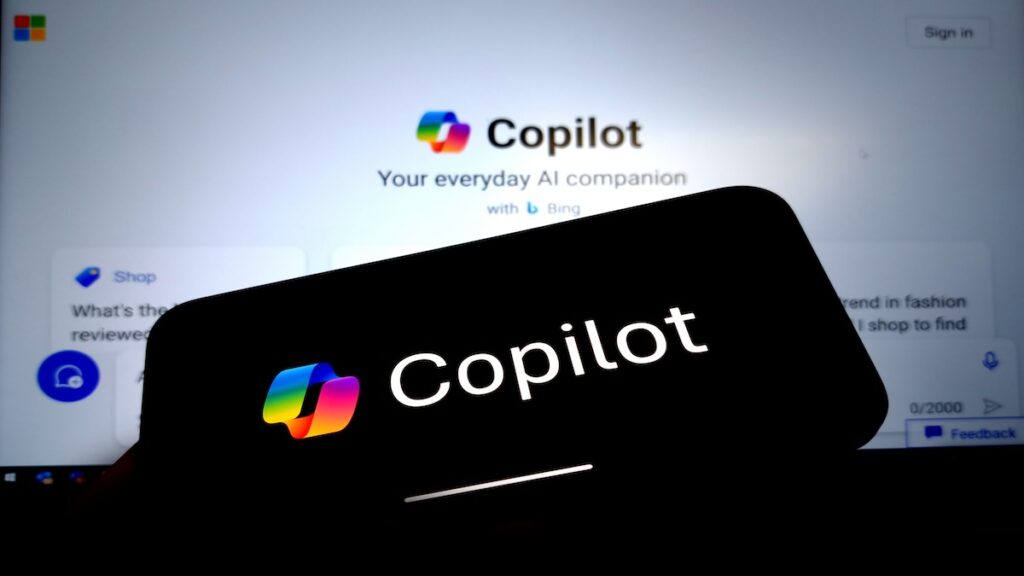
Microsoft Adds AI Agents to Security Copilot
- 25.03.2025 14:53
- securityweek.com
- Keywords: AI
Microsoft enhanced its Security Copilot with AI agents addressing phishing, data security, and identity management. The update introduces six new corporate tools and five partner-focused agents to boost efficiency and response capabilities.